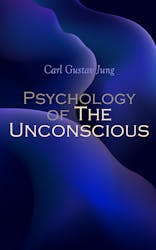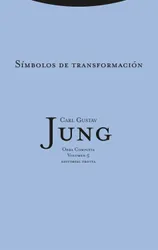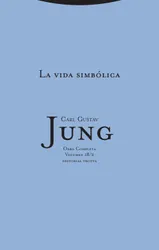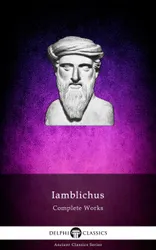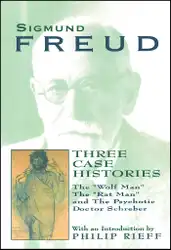This book contains a selection of articles and pamphlets on analytical psychology written at intervals during the past fourteen years. These years have seen the development of a new discipline, and as is usual in such a case, have involved many changes of view-point, of concept, and of formulation.
It is not my intention to give a presentation of the fundamental concepts of analytical psychology in this book; it throws some light, however, on a certain line of development which is especially characteristic of the Zürich School of psychoanalysis.
As is well known, the merit of the discovery of the new analytical method of general psychology belongs to Professor Freud of Vienna. His original view-points had to undergo many essential modifications, some of them owing to the work done at Zürich, in spite of the fact that he himself is far from agreeing with the standpoint of this school.
I am unable to explain fully the fundamental differences between the two schools, but would indicate the following points: The Vienna School takes the standpoint of an exclusive sexualistic conception, while that of the Zürich School is symbolistic. The Vienna School interprets the psychological symbol semiotically, as a sign or token of certain primitive psychosexual processes. Its method is analytical and causal.
The Zurich School recognises the scientific feasibility of such a conception, but denies its exclusive validity, for it does not interpret the psychological symbol semiotically only, but also symbolistically, that is, it attributes a positive value to the symbol.
The value does not depend merely on historical causes; its chief importance lies in the fact that it has a meaning for the actual present, and for the future, in their psychological aspects. For to the Zürich School the symbol is not merely a sign of something repressed and concealed, but is at the same time an attempt to comprehend and to point out the way of the further psychological development of the individual. Thus we add a prospective import to the retrospective value of the symbol.
The method of the Zurich School is therefore not only analytical and causal, but also synthetic and prospective, in recognition that the human mind is characterised by "causæ" and also by "fines" (aims). The latter fact needs particular emphasis, because there are two types of psychology, the one following the principle of hedonism, and the other following the principle of power. Scientific materialism is pertinent to the former type, and the philosophy of Nietzsche to the latter. The principle of the Freudian theory is hedonism, while that of Adler (one of Freud's earliest personal pupils) is founded upon the principle of power.
The Zurich School, recognising the existence of these two types (also remarked by the late Professor William James), considers that the views of Freud and Adler are one-sided, and only valid within the limits of their corresponding type.
Freud and Adler interpret in the analytical and causal way, reducing to the infantile and primitive. Thus with Freud the conception of the "aim" is the fulfilment of desire, with Adler it is the usurpation of power. Both authors take the standpoint in their practical analytical work which brings to view only infantile and gross egoistic aims.
The Zurich School is convinced of the fact that within the limits of a diseased mental attitude the psychology is such as Freud and Adler describe. It is, indeed, just on account of such impossible and childish psychology that the individual is in a state of inward dissociation and hence neurotic. The Zürich School, therefore, in agreement with them so far, also reduces the psychological symbol (the phantasy products of the patient) to the fundamental infantile hedonism, or to the infantile desire for power. But Freud and Adler content themselves with the result of mere reduction, according to their scientific biologism and naturalism.

